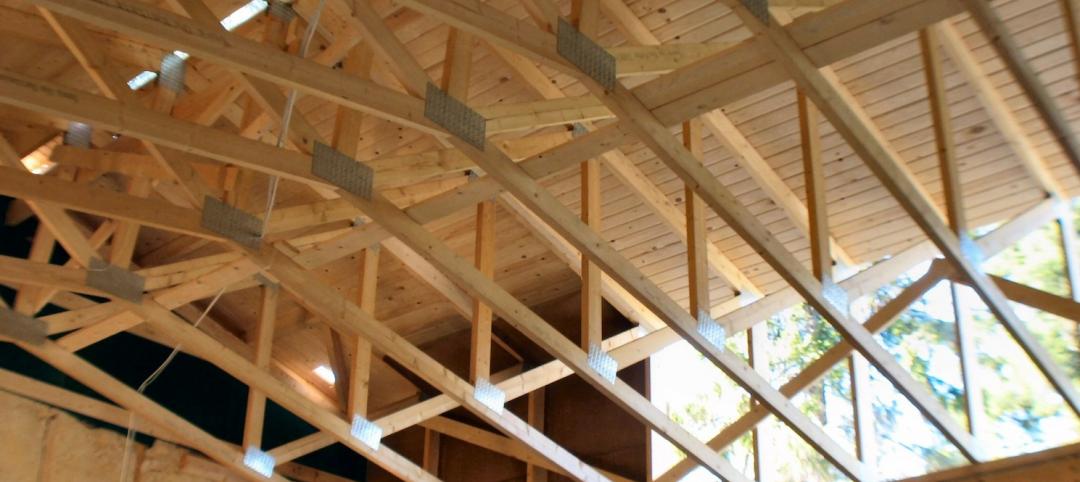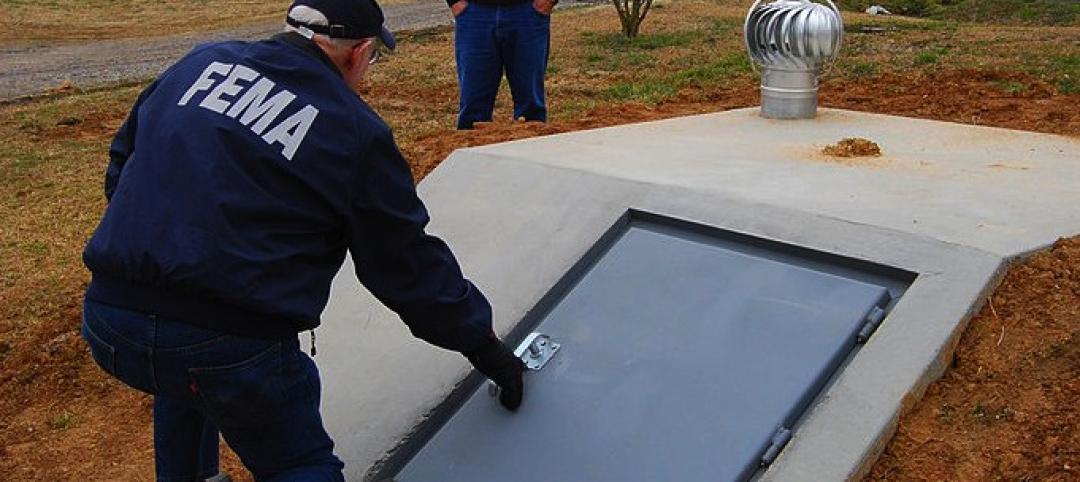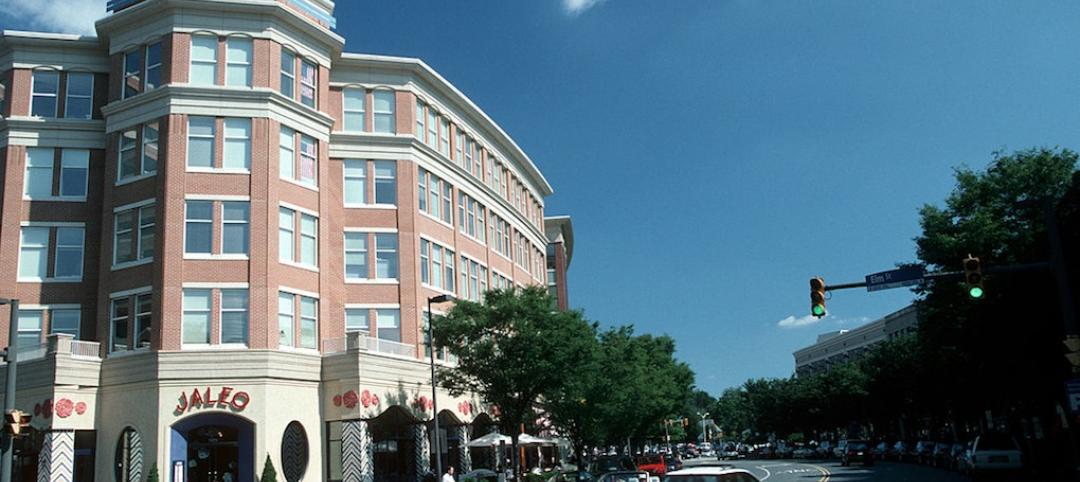The City of Cambridge, Mass., recently mandated that all non-residential buildings—including existing structures—larger than 100,000 sf meet a net-zero emissions requirement by 2035.
In a news release, Cambridge says it is “the first known city in the country” to enact a 2035 deadline for net zero. Mid-size buildings, defined as 100,000 sf or smaller, will have to reach net zero by 2050.
Buildings covered under the new law can continue to burn fossil fuels on site if owners purchase verified carbon credits, but only until 2050, and only to offset limited amounts of emissions. Building owners must eventually use renewable energy, either by investing in solar panels or purchasing a contract for renewable energy.
Cambridge has 314 buildings facing the 2035 net-zero deadline. “The City is committed to supporting Cambridge property owners with robust technical assistance and connections to incentives and moving forward together with this challenging yet absolutely critical work,” the news release says.
Cambridge will use a separate process to develop regulations to reduce greenhouse gas emissions in residential buildings.
Related Stories
HVAC | Feb 6, 2015
ASHRAE, REHVA publish guide to chilled beam systems
The guide provides tools and advice for designing, commissioning, and operating chilled-beam systems.
Codes and Standards | Feb 2, 2015
AGC working with EPA on website to help with environmental rule compliance
The goal is for the site to be improved to make it easier for construction contractors to learn how to comply with federal and state environmental guidelines.
| Feb 2, 2015
New York law requires informing firefighters of wood truss construction
New York enacted a law that could make firefighting a bit safer by mandating property owners inform government and first-responders when they build or rehabilitate a building using "truss-type" pre-engineered wood or timber.
| Jan 14, 2015
Ontario code changes boost accessibility for people with disabilities
The new amended Ontario building code includes several provisions that improve accessibility for those with disabilities.
| Jan 14, 2015
American Concrete Institute releases Spanish edition of structural concrete code
New York City last year adopted the National Institute of Standards and Technology (NIST) recommendation to require additional exit stairways in high-rise buildings.
| Jan 14, 2015
Terrorism Risk Insurance Act renewed
President Barack Obama signed the Terrorism Risk Insurance Act law on Jan. 12.
| Jan 9, 2015
Academy of Art in San Francisco under fire for code violations
The fast-growing Academy of Art is under intense scrutiny by the City of San Francisco for code violations.
| Jan 9, 2015
New law mandates storm shelters in Illinois schools
An Illinois law took effect on Jan. 1 that requires all new and remodeled schools to have storm shelters.
| Jan 9, 2015
New OSHA regulations on reporting workplace deaths, hospitalizations take effect
As of Jan. 1, all employers under the jurisdiction of OSHA are required to report all work-related fatalities within eight hours and all in-patient hospitalizations, amputations, and losses of an eye within 24 hours.
| Jan 9, 2015
Zoning policy makes Bethesda, Md., a model walkable suburb
In sharp contrast to most suburban communities in the Washington, D.C. area, Bethesda, Md., stands out as a fine exemplar of the new urbanism ethos.













